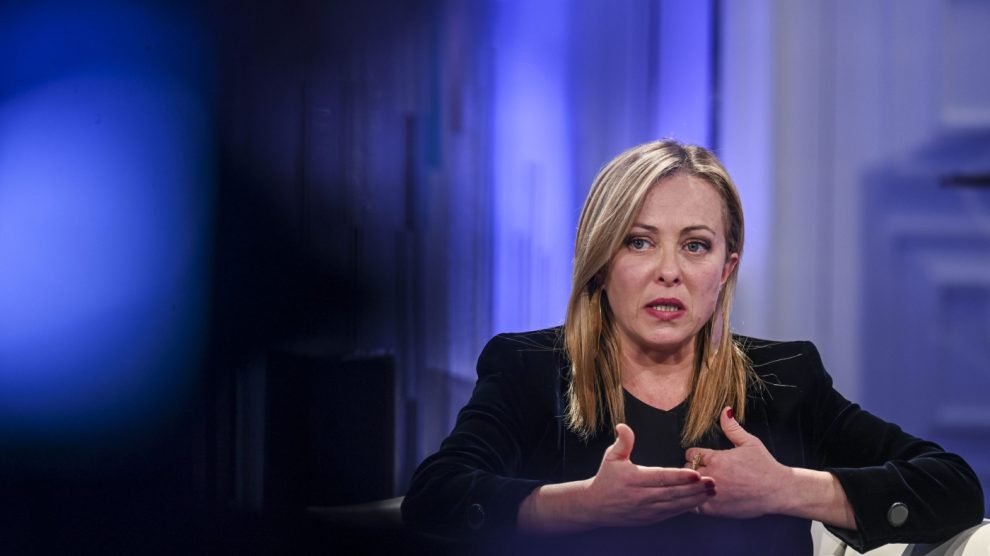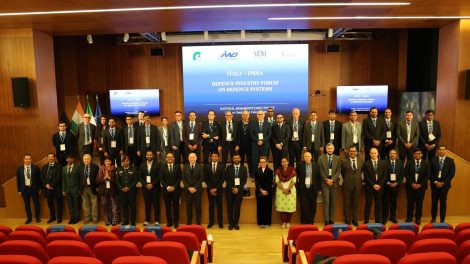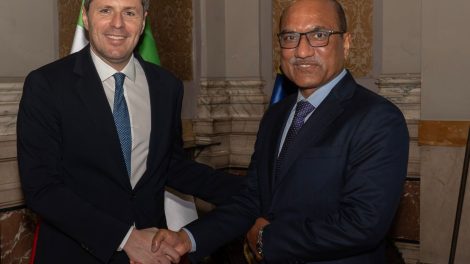Time to up our contribution. With the war in Ukraine “we have realised our too many dependencies […] energy dependence on Russia, but also our over-dependence in security on the US,” said Italian Prime Minister Giorgia Meloni on Thursday at the Foreign Ministry’s 15th Ambassadors’ Conference, where she stressed the importance of “strengthening security investments.”
- It wouldn’t be wise to move away from Russian dependence and end up economically dependent on China, she added, noting that the European Union, NATO, and the United Nations are “the cornerstones of Italian foreign policy, in which Italy intends to play a leading role.”
The French connection. Ms Meloni’s statements follow those of French President Emmanuel Macron (“[the EU must stand] within NATO, with NATO but also without depending on NATO”). And they are music to the ears of the US, whose message is clear and has become louder with the Russian invasion of Ukraine: invest more to strengthen deterrence and intervention capabilities. Today it’s Ukraine; tomorrow, it could be someplace else, such as Taiwan or Libya or Serbia.
Yes, but how? Simply enough, Rome intends to bolster the EU’s strategic autonomy by reaching the 2% of GDP defence target (today, Italy is at about 1.5%, roughly €25 billion, half of which is used to pay salaries). To reach it, it must field at least another €8 billion before 2028, so roughly by the end of the legislative term.
- The war in Ukraine has also highlighted the need for modernisation: anti-aircraft weapons, drones and electronic warfare tools are needed. Several programs are already underway, such as the one with the UK and Japan for the sixth-generation Tempest fighter and the attempt to fit into a Franco-German project for European tanks.
Finding the money. The government’s willingness to speed up on reaching the target is clear. The “fulfilment of the commitments made in the Atlantic Alliance, including on the adjustment of defence appropriations” was high up on the rightwing coalition’s election programme.
- Specifically, it was the third subpoint in the first point titled “Italy, fully part of Europe, the Atlantic Alliance and the West. More Italy in Europe, more Europe in the World.” A program signed by the four parties of the coalition: Brothers of Italy, the League, Forza Italia and Noi Moderati.





